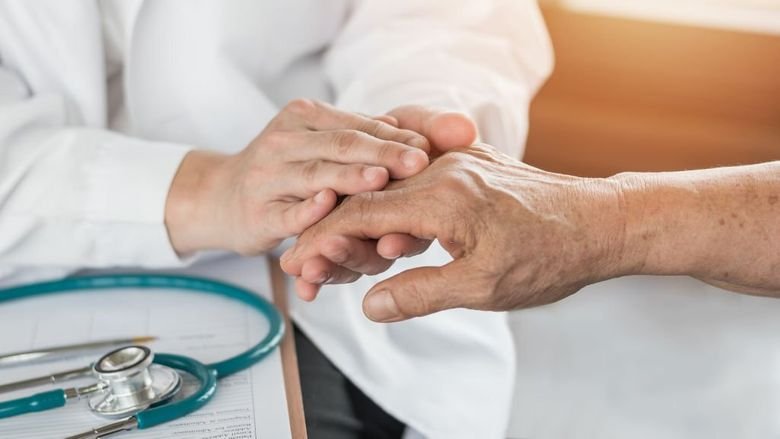Bridging the Gap Between Physical and Mental Health Care

Physical and mental health are two areas that are very closely interlinked, so it makes sense to do the same when it comes to the physical and mental health care. Often you will find that someone suffering from mental health issues will also be experiencing problems with their physical heath too. These people are also at a high risk of developing more serious physical health problems including obesity, diabetes, and cancer.
These problems can be caused by a number of factors including the person’s diet, lifestyle choices (such as drinking and smoking), and a lack of exercise. Some medications that are prescribed for mental health patients can also affect the physical well being of the patient.
By taking a holistic approach to caring for others, not only are you looking after their mental well being, but you are considering their physical well being as well. This method can make a huge difference to the person’s overall quality and outlook on life and help them live longer.
Linking both physical and mental health care together could help in recognizing any unwanted side effects caused by medications and significantly reduce the number of misdiagnoses for those being treated for mental illnesses when they have a physical illness.
What level of physical health care should mental health services be providing?

- Putting patients in touch with GPs or other health providers
- Eliminating any physical causes for the patient’s mental illness
- Helping patient’s in the road to recovery by presenting them with opportunities to improve their physical health, allow them to take part in activities
- Provide them with information that will help improve their physical well-being
- Encouraging and supporting patient’s to have a physical health checkup
- Making sure care plans take into consideration both the patient’s mental and physical well-being
- Taking into consideration how any medication the patient receives for the mental illness will affect their physical health
How can your local GP help in regards to providing health care?
GPs play a critical role in providing health care for patients and are normally your first port of call when feeling ill. It’s the GPs role to detect any possible problems as soon as possible, whether it’s mental or physical.
If you look after someone who has mental health issues the GP can relay information to you in regards to the patient’s physical diagnosis and treatment, provided the patient consents to this.
They can also give you guidance as to how best to help the patient moving forward and if either the physical condition is affecting the mental condition or vice versa.
What information will I receive as a carer about a patient’s health?
Under the Mental Health Act 2007, and the Health Records and Information Privacy Act 2002, the mental health services have an obligation to protect their patient’s personal information and clinical records.
However, the Mental Health Act 2007 also recognizes that carers need certain information and include them by allowing greater access to the patient’s records.
First of all try speaking with the patient about their condition and what they are happy to discuss with you in regards to their physical health.
How can I help a family member or friend with a mental health condition improve their physical health?
As a family member or friend you will often want to help those suffering with poor mental health by improving their physical health. That way you can make a huge difference by trying some of the following:
- Help them with getting to and from appointments
- Encouraging them to have regular physical checkups
- Talk with them about any health concerns they/you have and address them together
- Make your own lifestyle changes (such as exercising more or dieting) and encourage them to join in
- Offer to make their appointments and go with them for support if they would like it
- Provide them with information on various health or nutrition issues (i.e. healthy eating)
- Ask to keep a note of their appointments and remind them as they get closer







